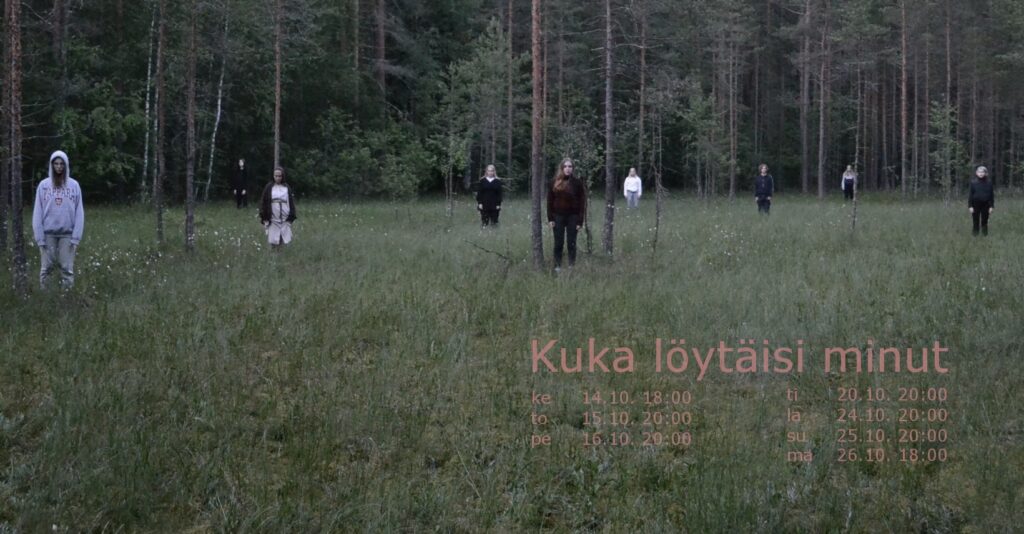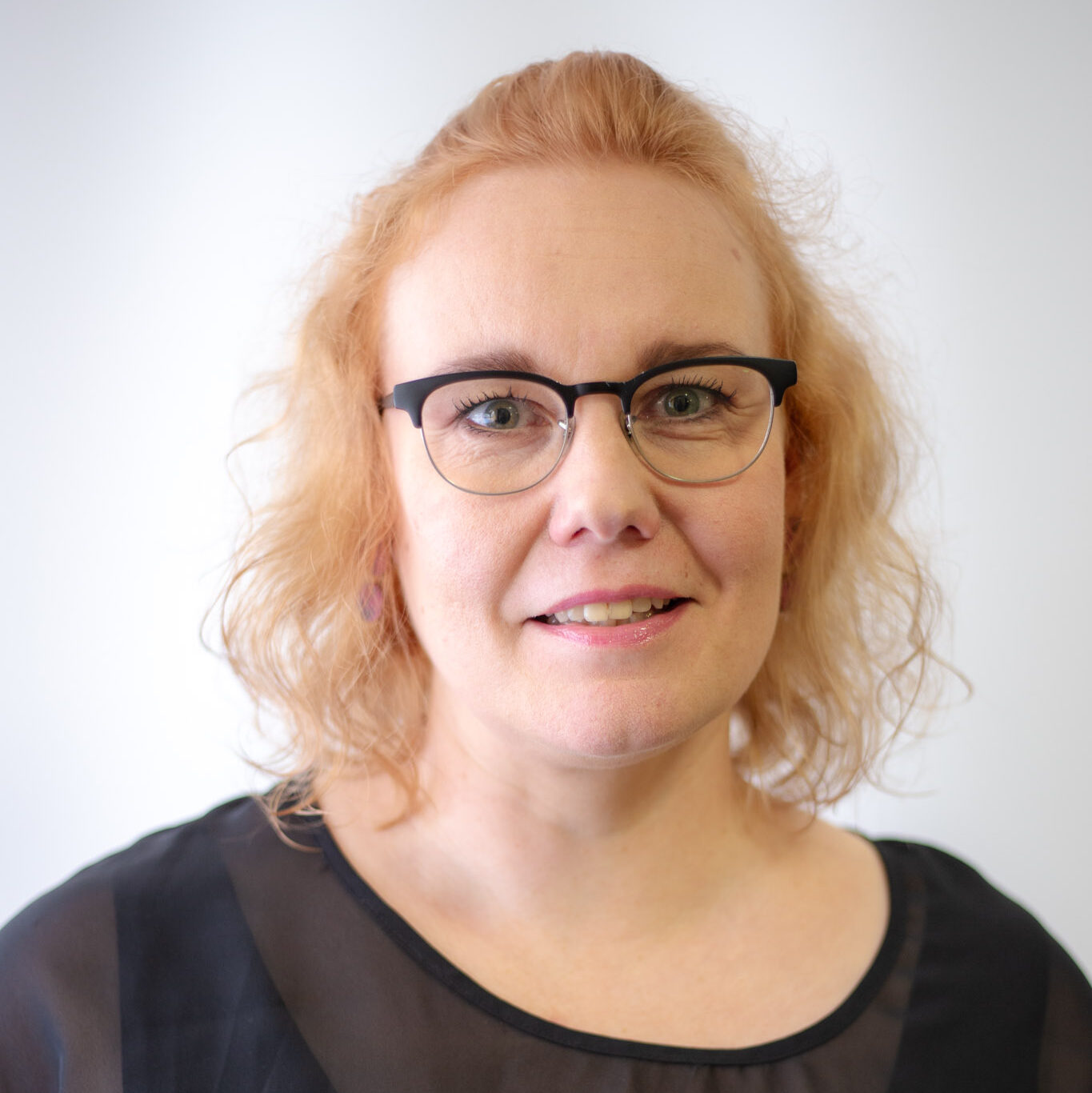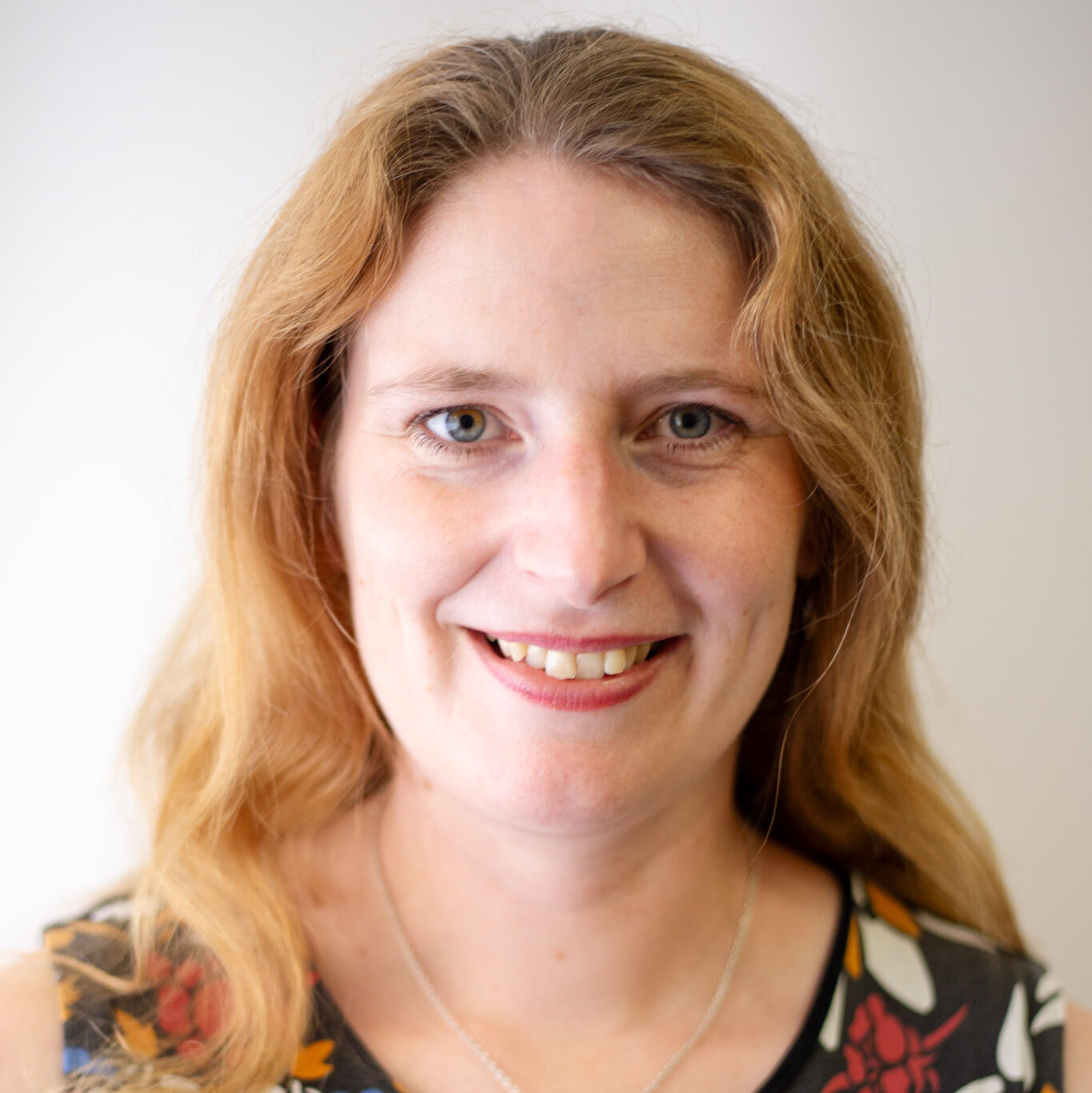Imagine an interactive online theatre performance: the actors and audience are both online, and the audience experiences the performance by following a mix of real-time chat and short pre-recorded video clips.
Could this be the way of the future for art and theatre-making? Finnish theatre instructor Lauri Haltsonen worked with young people during the pandemic to create an online theatre performance. He sees a lot of potential in this approach: “The members of our working group felt that they got much more out of it than they would have gotten from a regular play. It also enabled participants to take part in the project from different locations.”
Discord is a communication and instant messaging platform. Originally designed for gamers, the platform lends itself to a range of applications, with theatre performances just one example. In this article, we describe some interesting initiatives from the DIGISTI project all experimenting with the use of Discord as a platform.

The use of Discord in youth work skyrocketed during the pandemic
In Discord, you can set up text or voice channels on different topics, restrict access to the channels for certain users and assign users different levels of moderation rights. Voice channels can also be used to share screen and video, as in Teams or Zoom. Discord also allows you to chat with other users via private messages.
Discord has been used widely and in a variety of ways in youth work for quite a long time. During the pandemic, its use exploded in youth work in Finland. Over the last couple of years, Discord has provided a platform for open youth work, where youth workers are present at specific times, and activities – such as cooking nights, gaming, various competitions and cinema nights – are planned and implemented on young people’s terms.
Big crises often create new ways of doing things. Covid-19 lockdowns prompted online theatre project Kuka löytäisi minut [Who Would Find Me] staged by Lauri Haltsonen and Imatra’s IRTI Theatre. EU-funded project DIGISTI – Taking over digital skills at upper secondary level aimed to address the impact of the pandemic on young students’ well-being and employment, providing various kinds of support to seven vocational colleges in the capital area. The project, funded as part of the European Union’s response to the Covid-19 pandemic, was carried out by three universities of applied sciences (Humak, Laurea and Haaga-Helia) in cooperation with The Deaconess Foundation Helsinki and Wenhe Ltd. Some of DIGISTI’s activities for young people took place in Discord.
Arts and role–playing in Discord
As part of the DIGISTI project, Humak University of Applied Sciences organised extra-curricular activities (mainly online) for vocational college students and worked with students and staff to develop college youth work. The programme aimed to create shared experiences and alleviate the loneliness many suffered during the pandemic.
One DIGISTI programme, organised in cooperation with Hyria Vocational College and Hyvinkää Youth Services, provided activities for young people in the town of Hyvinkää. Hyria had noticed that many students suffering from loneliness had an interest in art. At the same time, a group of young adults with a passion for art started to meet at the Hyvinkää youth centre. The DIGISTI project brought the organisations together.
Face-to-face meetings were held weekly at the youth centre, but the project added an online dimension to the programme: every other week, participants were offered the chance to participate via Discord in a hybrid format. Hybrid sessions usually involved between two and five young people at the youth centre on a shared computer with up to three young people joining remotely on their own devices.
A project youth worker was on hand in Discord along with a series of visiting artists from different fields including comics, animation, digital drawing and visual design. Sessions usually began with the guest instructor guiding participants through the secrets of art-making via Discord voice channel and the platform’s screen share feature. Participants then worked independently, before finally uploading their work to Discord for the instructor to share and discuss.
The young people reported making new friends and gaining new inspiration for their own art. Participants welcomed the online opportunity, as it was not always possible for them to get to the youth centre. Online delivery also made it possible to draw on instructors from around the country.
The DIGISTI project also established an online role-playing club. Participants used a Discord voice channel to communicate during games, which were held on the Roll20 platform. Gaming sessions were arranged once a week and, in between, the group kept in touch on various Discord channels. Separate text channels were created for topics such as character development, game session information and general discussion.
Players in role-playing games often do not compete with each other. Instead, they engage in collaborative storytelling, overcoming challenges by working together. This makes role playing ideal for youth work and community-building activities. Although players did not know each other beforehand, they very quickly became friends and kept in touch outside of the gaming sessions as well. The programme ended with an in-person meet-up, at the initiative of the young people themselves.
Online theatre reached new audiences and made us think about communication in new ways
Created in collaboration with a cast of amateur actors aged 17–23, Kuka löytäisi minut [Who Would Find Me] tells the story of a young woman who disappears, leaving behind mysterious messages in Discord. Haltsonen chose slightly more experienced actors, to ensure the cast were able to commit to the project despite the exceptional circumstances of the pandemic year. The play was created using devised theatre and work on the project began with the joint creation of the storyline.
The play was easy to stage in Discord. The various text channels included real-time chat performed by the actors, as well as YouTube videos and links to other Discord channels. The audience were able to follow the chats at their own pace and jump from one Discord channel to another, although they could not themselves contribute.
The play was mainly advertised through social media. For Haltsonen, game enthusiasts aged 20–40 represented a surprising new target group. The costs of the project were very low, because Discord server and Google services were free of charge and there was no need for a physical rehearsal space. “The play was performed in Finnish, but if the language had been English there would’ve been international possibilities, as Discord is a global platform” Haltsonen reflects.
It was a unique experience for everyone involved. “Normally, words make up about 80 % of communication, and since the communication was almost entirely text, we had to think about how to express everything when there was no nonverbal communication. There was also no sound, so tone and emotions had to be expressed in text and emojis. Building characters via the medium of text alone was a challenge and offered audiences a completely new kind of theatre experience” Haltsonen adds.
Our creativity is the limit
Almost everything we do face-to-face, we can also accomplish in the online environment. We can feel part of a community, make new friends, be passionate and creative. Online environments also enable things that are not possible in the physical environment and these possibilities widen our perspectives and horizons in many ways that we may not have even imagined yet.
When physical limitations are removed, international projects become easy. Creating an online theatre performance together with groups of young people from different countries? Writing, painting, making music together with others across physical barriers and geographical boundaries? Hosting artists and experts from around the world via your online youth centre? With the right technology, tools and mindset, everything is possible!

Author Suvi Tuominen is a senior lecturer in Humak University of Applied Sciences and project specialist (DIGISTI).

Author Jenni Hernelahti is a senior lecturer in Humak University of Applied Sciences, project manager (DIGISTI) and project specialist (Diggiloo).








